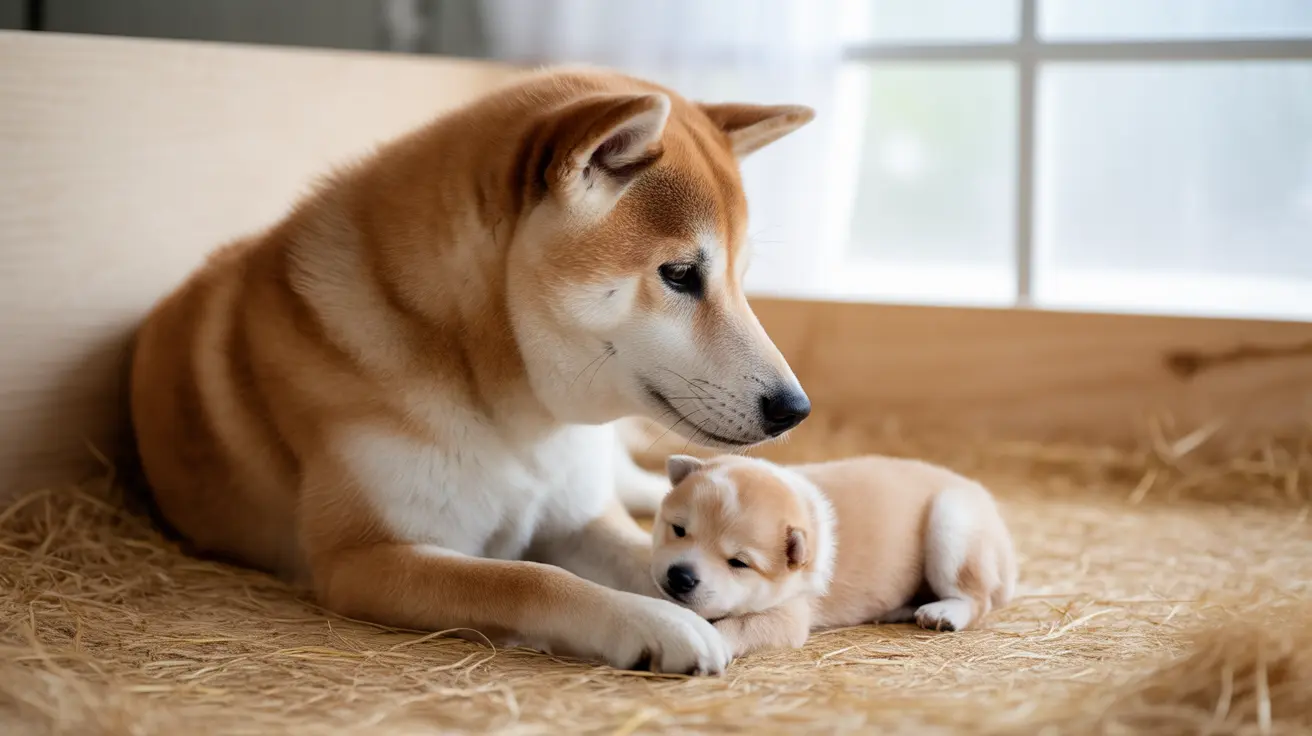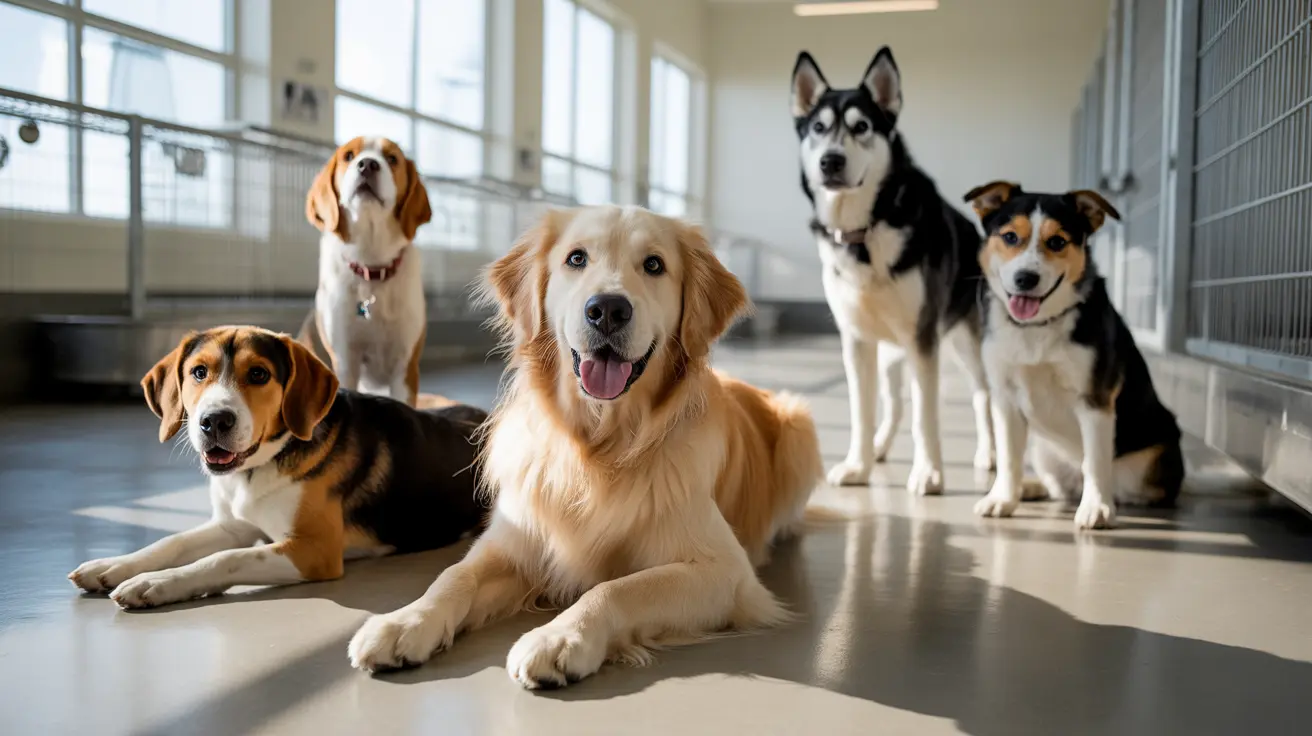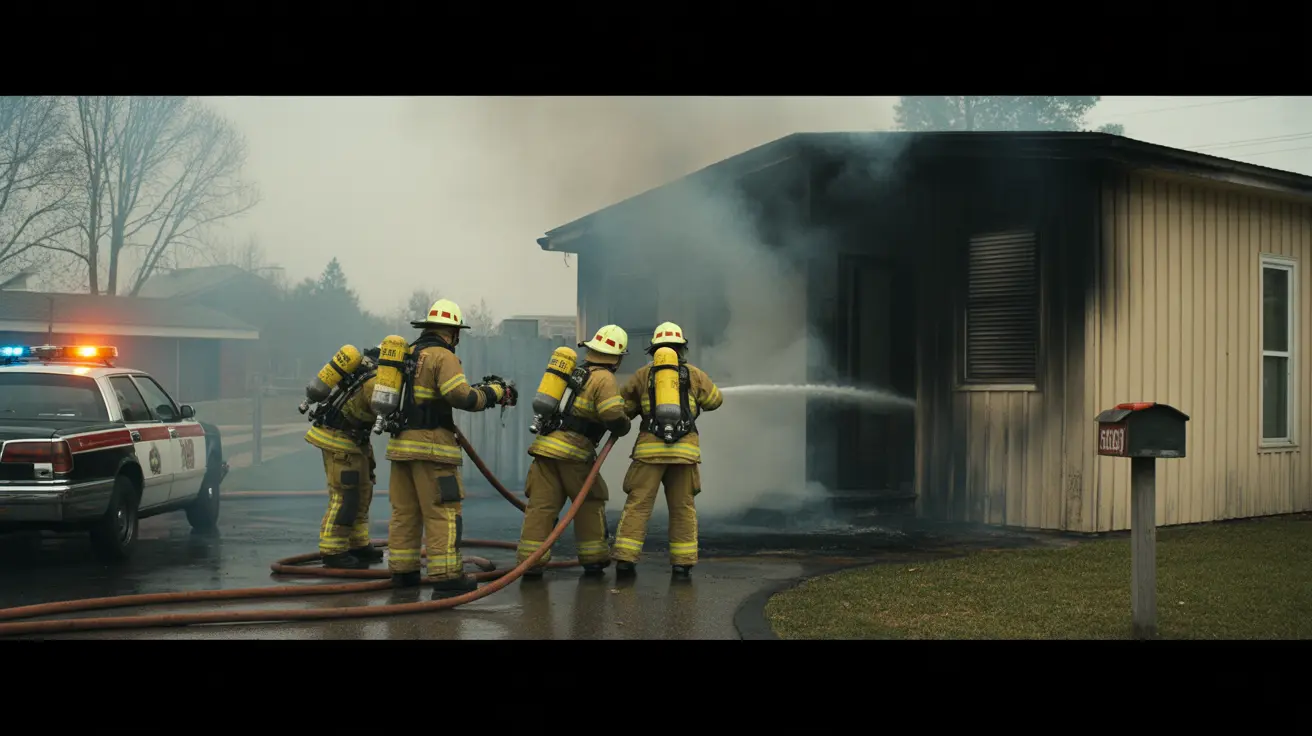Welcoming a new litter of puppies is an exciting time for any dog owner. While it's natural to want to cuddle these tiny bundles of joy immediately, knowing when and how to handle newborn puppies is crucial for their health and development. This comprehensive guide will help you understand the safest practices for interacting with newborn puppies.
Understanding proper handling techniques and timing isn't just about satisfying our desire to bond with the puppies - it's essential for their survival and well-being. Let's explore the dos and don'ts of handling newborn puppies, ensuring both mother and babies remain healthy and stress-free.
The First 48 Hours: Hands-Off Period
The initial 48 hours after birth are critical for puppy survival and mother-baby bonding. During this time, minimal human intervention is best unless absolutely necessary. The mother dog needs time to bond with her puppies, establish feeding routines, and maintain a calm environment.
Only handle the puppies during this period if:
- Medical attention is required
- The mother is unable to care for them
- You need to assist with nursing
- The whelping area needs urgent cleaning
Safe Handling Guidelines for Newborn Puppies
When you do need to handle the puppies, following proper protocols is essential:
Proper Hand Hygiene
Always wash your hands thoroughly with antibacterial soap before and after touching puppies. Consider wearing clean, latex-free gloves to provide an extra barrier against potential infections.
Temperature Considerations
Newborn puppies can't regulate their body temperature effectively. Keep handling sessions brief - no more than 5 minutes per puppy - and ensure the room is warm (around 85-90°F in the first week).
Monitoring Puppy Health and Development
Regular health checks are necessary but should be brief and gentle. Watch for:
- Steady weight gain
- Regular nursing
- Clean, dry umbilical areas
- Normal breathing patterns
- Appropriate activity levels
When to Start Regular Handling
By week two, you can gradually increase handling time, keeping these guidelines in mind:
- Start with 5-10 minutes per day
- Watch for signs of stress in both mother and puppies
- Ensure hands are warm before touching
- Keep other pets and people away until advised by your vet
Frequently Asked Questions
Can I touch my dog's newborn puppies right after they are born, or should I wait?
While you can touch them if necessary, it's best to wait 48 hours after birth before handling newborn puppies. This allows crucial bonding time between mother and babies. Only handle them immediately after birth if there's a medical emergency.
How can I safely handle and touch newborn puppies without stressing them or their mother?
Always wash your hands thoroughly, keep sessions brief, and handle puppies gently. Watch the mother's behavior and stop if she shows signs of anxiety. Handle puppies one at a time and keep them close to their littermates.
What hygiene precautions should I take before touching my dog's puppies to prevent infections?
Wash hands thoroughly with antibacterial soap, wear clean clothes, and consider using disposable gloves. Ensure the whelping area is clean and sanitized, and avoid handling puppies if you've been around other animals.
How often and for how long is it appropriate to handle newborn puppies during their first two weeks?
During the first two weeks, limit handling to necessary health checks and weighing, keeping sessions under 5 minutes per puppy per day. Avoid unnecessary handling during this critical period.
When is the best time to start socializing and gently handling puppies beyond essential care?
Around 3 weeks of age, when puppies' eyes and ears are open, you can begin increasing handling time for socialization. Always monitor the puppies' and mother's comfort levels and progress gradually.
Conclusion
While it's tempting to cuddle newborn puppies immediately, their health and safety must come first. By following these guidelines and respecting the crucial bonding period between mother and puppies, you'll help ensure the best possible start for the new litter. Remember, patience during these early weeks will lead to healthier, well-adjusted puppies in the long run.






